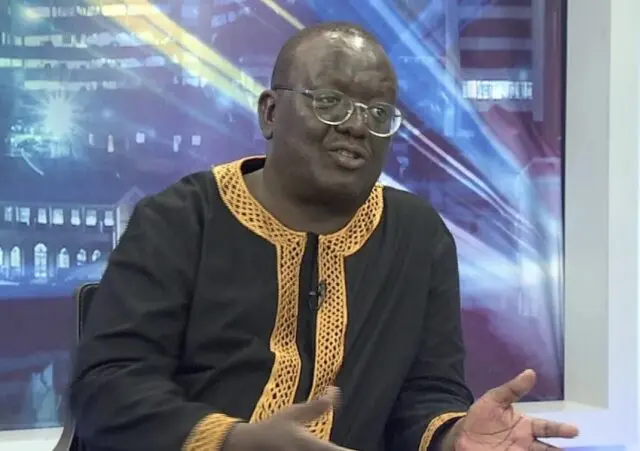Kenya to spend Sh6.8tr on climate change mitigation

Kenya plans to spend $62 billion (Sh6.8 trillion) to roll out climate mitigation and adaptation measures in the next 10 years, a senior State official said yesterday.
Environment Principal Secretary Chris Kiptoo said out of the $18 billion (Sh1.97 trillion) will be used for climate change mitigation while $44 billion (Sh4.8 billion) will fund adaptation measures.
“We require $18 billion to deal with mitigation. I need to add that to deal with climate change adaptation, we will require $44 billion over the next 10 years.
So in total, to deal with mitigation and adaptation of climate change, we shall require about $62 billion,” he said.
Kiptoo made the remarks during the launch of East African Breweries Ltd (EABL)’s inaugural Environmental, Social and Governance report to society in Nairobi yesterday.
Some of the intervention measures for climate change adaptation will include preparations for intense fires, the challenge of sea level rise, protection of farms and food supply from climate impacts, protect air quality, prioritise climate justice and prepare for managed retreat.
Kenya ratified the Paris Agreement in December 2016 to address climate change and its negative impacts.
Kiptoo said the government is committed to balancing the amount of greenhouse gas produced and the amount removed from the atmosphere (Net Zero) emissions status by 2050.
The PS said out of the money, “13 per cent will be from domestic resources and the balance of 87 per cent we shall rely on international climate finance.”
Support communities
The EABL report provides an overview of the processes and mechanisms EABL has put in place to support communities and do business the right way, detailing the direct impact their sustainability work is having on its various stakeholders.
Speaking at the event EABL Chairman Martin Oduor said the inaugural report is as result of a year-long process where detailed research and introspection was applied to determine the group’s material issues.
“This enabled us to map out our various stakeholders, capture their experiences and document the impact of our work on the ground.
This report therefore provides a detailed overview of how EABL is making a significant difference in our region” he said
EABL Group MD and CEO Jane Karuku said the firm continues to integrate social and environmental standards into its supply chain, ensuring that the entire business strategy is sustainable.
“Towards pioneering grain to glass sustainability, between 2020 –2021,198,000m3 of water used on EABL sites was replenished and reused,” she said.
“Between 2016 to date, Karuku noted, a total of 1,006,138 m3 of water has been replenished, representing 30.6 per cent of the company’s target to replenish 3,282,463 m3 by 2026.
Kiptoo said consumers are becoming environmentally conscious, placing greater value on sustainable goals and services.
In addition, he said the capital markets are also interested on how companies are facing and dealing with opportunities and challenges associated with environment, societal change and governance.
In February this year, the cabinet approved a waste management policy and bill that has been submitted to Parliament and which if approved, will outlaw dumping of garbage that has not been sorted.
“It means we have to set up material recovery centres. We are already working with the Nairobi Metropolitan Services, who have set up 17 material recovery centres in Nairobi in our journey to go to waste management,” said Kiptoo.











